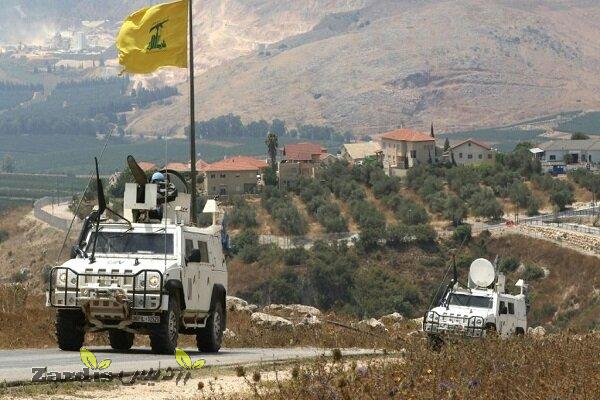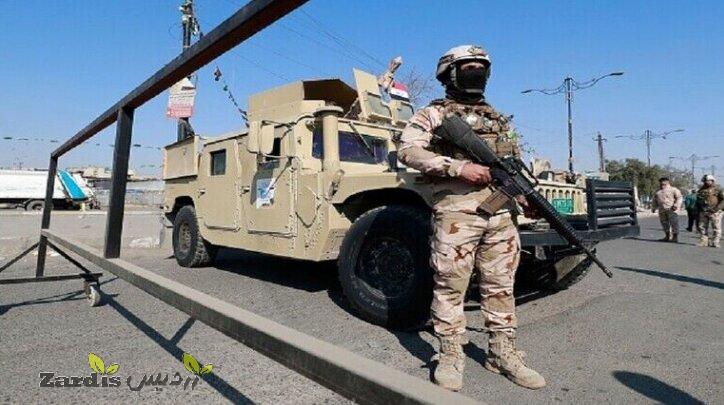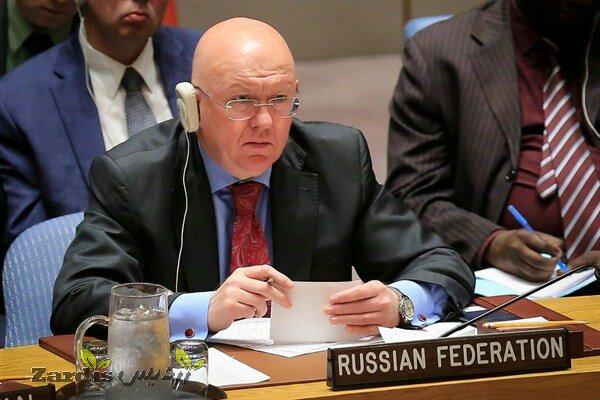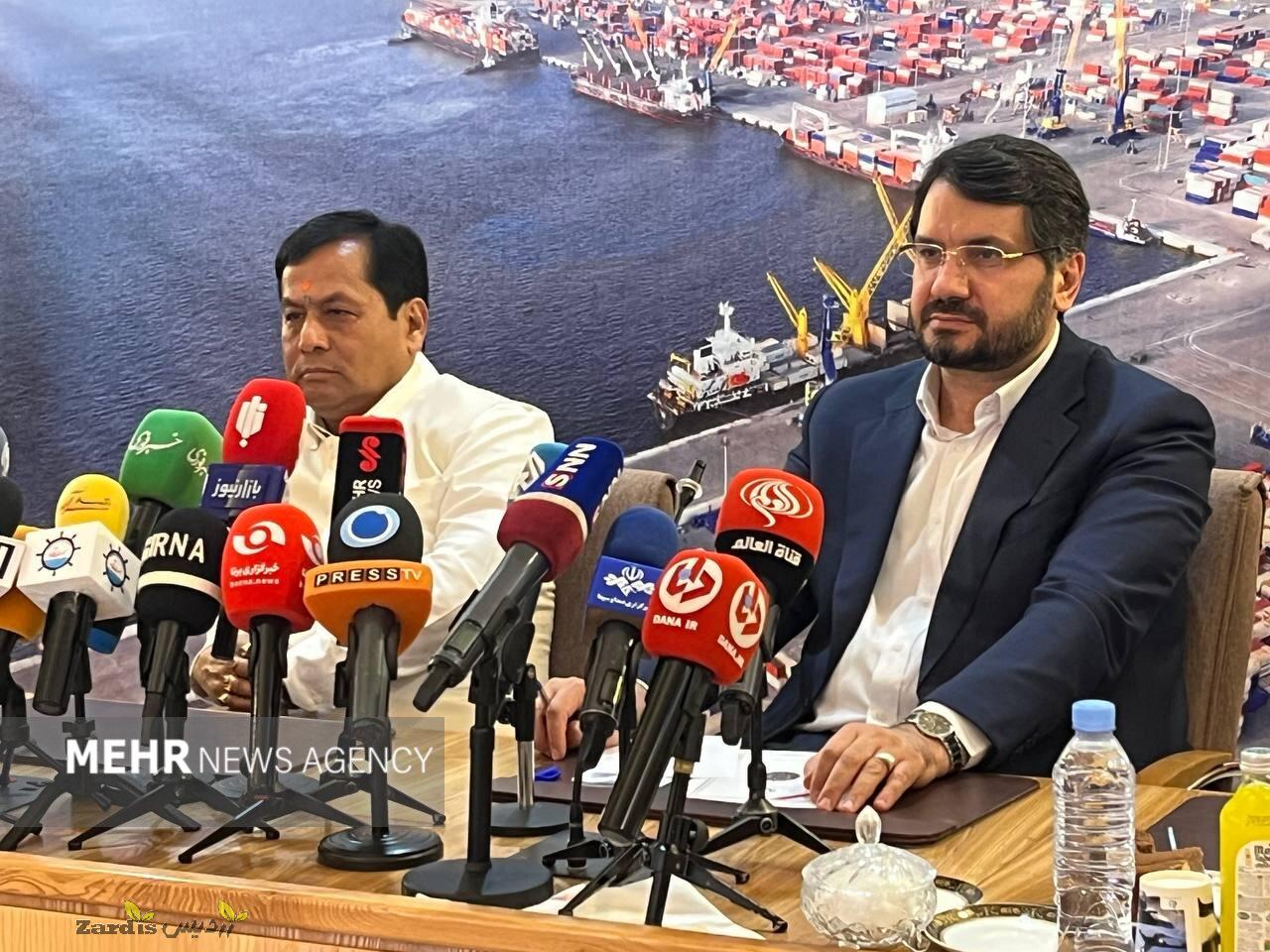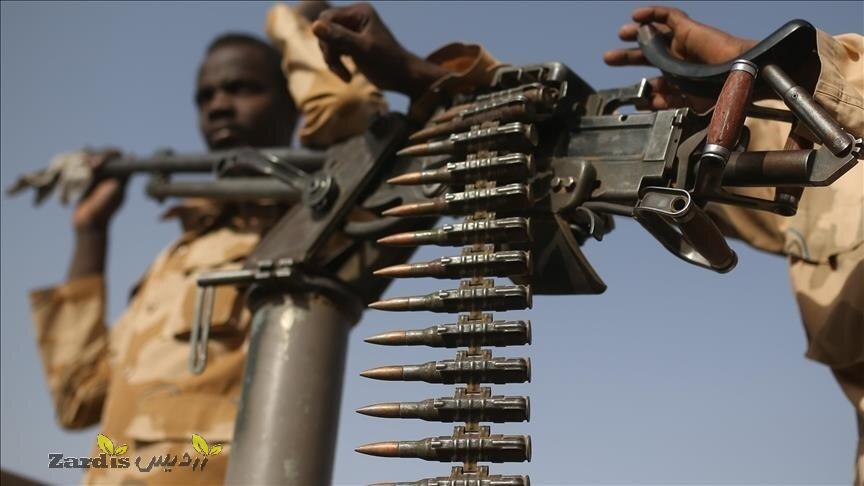On the 23rd of this month, there was a report about the Lebanese financial crisis on CNN. When the anchor asked the CNN reporter in Lebanon about the means to fix the problem in Lebanon the reporter said that Lebanon needs to radically change its politicians. The reporters said they are corrupt.
Indeed, the Americans are seeking to change the Lebanese political landscape; however, this is another step before forcing the change. What is happening in Lebanon is part of a plan declared by Mike Pompeo, the former American secretary of state during Trump’s presidency, to defeat Hezbollah in its own social base in preparation to disarm it and battle its missiles.
When Pompeo came to Lebanon on the 22nd of March 2019, he stressed the following provocative points:
1. He said that Hezbollah is taking his orders from Iran and sending young men from the South and Bekaa to die in Syria, Iraq, and Yemen.
2. He reminded that Hezbollah is supporting the Syrian government of which Rafiq al-Hariri was one of its victims.
3. He said America spent 800 million dollars in aid in Lebanon, while Hezbollah is stealing the Lebanese resources and spending it on weapons and war against Israel, which have led to destabilizing the region.
4. He accused Hezbollah of illegal international actions.
All the four mentioned points are provocative points that aim to ignite a civil war, or at least rides against Hezbollah, which happened in 2019, and then again after the explosion of Beirut Harbor. Selected anti-Hezbollah people went out on the streets and started swearing at Sayyed Hassan Nasrollah.
Pompeo demanded the Lebanese politicians to put an end to Hezbollah’s existence as part of the government. And he announced the end of the green line that separated families and friends.
It is clear that Pompeo was drawing a red line in Lebanon, a line of war. While standing next to the foreign minister, Gebran Bassil, he plainly said in a speech in March 2019: “Lebanon and the Lebanese people face a choice: bravely move forward as an independent and proud nation or allow the dark ambitions of Iran and Hezbollah to dictate your future.”
Then he added that it would “take courage” for Lebanon to stand up to what he called Hezbollah’s “criminality, terror, and threats.”
But, let us not forget that the trip made to West Asia on that week, had its own aims, one of them was to show support to Israel.
From Jerusalem, Pompeo sent anti-Iran and anti-Hezbollah messages, considering Hezbollah as a major threat to Israel.
However, the real reasons behind the visit revolved around the demarcation of maritime borders between Palestine and Lebanon. His visit was an attempt to push the discussions further ahead after it had been stopped by Israel after a dispute over the demarcation of borders. Furthermore, “dayan.org”, an Israeli study center, explained Pompeo’s drives from the visit to Lebanon and the current reasons behind the American economic siege of Lebanon in a study published on the 3rd of March 2021.
When Pompeo visited Lebanon after the explosion in Beirut Harbor, it was clear that he was there to closely observe the execution of his plan. He was clear that the plan is going to lead to political change in Lebanon, and secure the American Agenda: “the security of Israel”. He emphasized the fact that any American administration’s first priority will be ensuring Israel’s security.
Accordingly, Lebanon today has reached an advanced stage in Pompeo’s plan, mainly reaching the verge of economic collapse. However, this has not led to Hezbollah’s resentment among his partisans, or to the end of the formula that has prevailed in Lebanon since 2007, which is the unity of the Army, people, and resistance. For the Americans, the link needs to be broken, especially between the resistance and the Lebanese army before any coming third Israeli war on Lebanon, and before the coming elections in Lebanon in April 2022.
Pompeo’s plan was aimed to corner Lebanese politicians that are considered to be Hezbollah’s allies. Hence, the Americans imposed sanctions on the former foreign minister and parliamentarian Gebran Bassil, and two others, who are recognized as Hezbollah allies: minister and parliamentarian from Amal Movement Ali Hassan Khalil, and minister Youssef Fenianos from al-Marada party, i.e., Suleiman Franjiah. The American step was taken last year, after the explosion of Beirut Harbor.
Its main aim was to shake and disturb the relationship between Hezbollah and its allies.
The plan was set after the Syrian victory in fighting terrorism on its territory and freeing more than 70% of its occupied lands from the terrorist groups, which were supported by the Americans and their allies in some of the (Persian) Gulf countries and Turkey. Once the U.S. failed to knock down the strategic relation between Syria- Iran- the Islamic resistance, the U.S. regime decided to set further steps before any American troop’s departure from Iraq and Syria to safe guard Israel from Hezbollah.
The plan aims to a state failure driven by three factors, riots and disturbances, political void, and economic failure, which will lead to the collapse of the state’s administrations and eventually to chaos and eruptions.
It started the campaign on the 7th of October 2019. The plan depended on creating organized chaos, especially after the resignation of the Saed al-Hariri government when the country was supposed to go into a total state of political void.
However, the Hassan Diab government was assigned. Once this step did not lead to chaos, the harbor explosion occurred. Nonetheless, the escalation of events was delayed when the country locked down due to the Covid-19 epidemic.
Once the lockdown was partially released, prices of goods and food were excessively going higher due to the deterioration of the Lebanese lira, which further exacerbated the economic crisis. The government since January 2021 became less and less able to support food the important commodities such as flour, rice, sugar…, medicine, and oil prices. The current living situation in Lebanon shows that it is one step away from state failure. In recent months, following the Beirut blast on August 4th, 2020, Lebanon has been on the verge of collapse, with its lira losing 80% of its value last year alone. Frustrated Lebanese are coming back to the streets in recent months, despite the rising number of Covid-19 cases again. Prospects appear to be bleak. Unless a new government is quickly formed, and important economic plans are put to action.
The aim of the Lebanese descendent economic situation to such a retched stage is to drive the population to believe that Hezbollah is the problem. This problem is reinforced by the repeated speeches of high American politicians. It is what is called in Arabic “repetitions in the ears”, meaning: you keep telling and repeating the same lie or demands until all the people believe as the absolute truth. As a result, the Americans are hoping that the other parties will need to denounce any coalition with Hezbollah in the next election; in addition, the party’s partisans may condemn critical attitude on Hezbollah, and eventually will lose its place as part of the
Lebanese political life. This would facilitate any Israeli-American attempt to topple and disarm Hezbollah.
However, if the plan failed and Hezbollah won the elections, the Americans would be able to execute plan B, which is the continuity of economic pressure until the state failure was achieved in Lebanon. This would lead to security disturbances, and then it’s most likely that an “Israeli” would lead the third war on Lebanon to disarm Hezbollah.
In 2016, Timor Goksel, the previous commander of UNIFIL forces in Lebanon, was interviewed on al-Arabia online. He was less sure that the stability on the boards can be maintained. He said: “With UNIFIL unlike 30 years ago there are no small skirmishes – 10 rounds here, 10 rounds there – but the next war will be big, this is very scary. Israel will go after Lebanon not just Hezbollah, but it will come at an extremely high price.”
Actually, what has been going in Lebanon since 2019 is to denounce the high price for “Israel”, and make Lebanon go to easy negotiations on the maritime borders, which will enable both the American and the “Israeli” companies to start benefiting from gas and gas pipelines between “Israel” and Cyprus all the way to Europe, which will compete with the Russian gas.
Finally, the Americans are aiming high. What is needed of Lebanon today is to go straight forward towards signing Abraham accords as the main step to enforce peace for Israel. Clearly, if anyone thinks that the Americans are not preparing to reach this point, he/she is mistaken. In his speech with the Korean president during the “Saif al-Quds” operation, Biden said that peace will not prevail in the region until everyone recognizes the “Israeli” right to exist.
In theory, reaching an agreement with Israel would allow Lebanon to take part in different fora, such as the Eastern Mediterranean Gas Forum (EMGF) alongside Cyprus, Egypt, Greece, Israel, Italy, Jordan, and so on.
Unfortunately, the prospects of peace between Israel and Lebanon, as opposed to limited agreements stemming from shared interests, seem far off, due to the extent of Hezbollah and Iranian influence on Lebanese political decision-making, and the continued military threat they pose to Israel’s security.
It is clear for the Americans: there is no peace for Israel, as long as Hezbollah continues to exist as a resistance force on the northern borders of Palestine. Therefore, if Americans are insisting on disarming the resistance movement, then the war is inevitable.
Zardis news | The latest news of Iran and the world
All rights reserved for "Zardis news"It is protected and any copying without mentioning the source is prohibited.
Pursuant to Article 12 of Chapter 3 of the Cybercrime Law, copying the format and content will be prosecuted.



